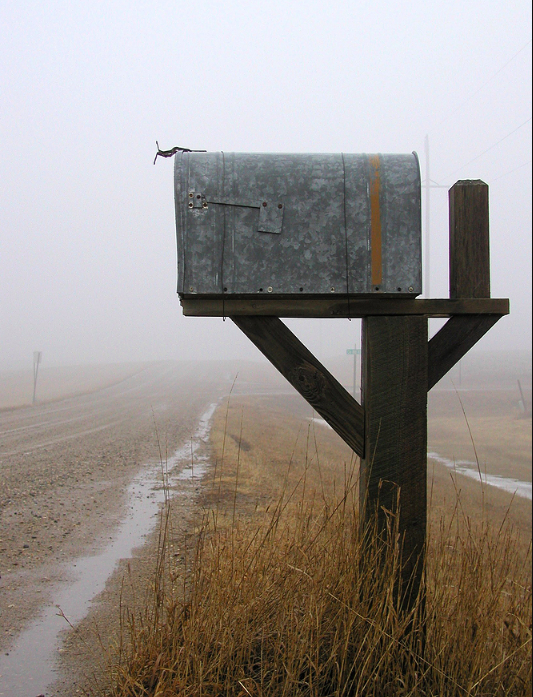Reflections on Community Rights from Rural America is a monthly column by CR activist and organizer Curt Hubatch. Curt is an unschooling father of two young children and one young adult. Currently he works as a substitute rural letter carrier for the USPS. He lives in a cordwood house that he built with his wife, family, and friends in Northwestern Wisconsin.
I’m thinking and worrying again about our environmental crisis, especially as we head into the 2020 presidential election. I am also thinking about what it’s going to take for us to meet the challenges as our inescapable environmental crisis (a warming planet, accelerated species extinction, and human overpopulation) deepens.
It’s going to take more than electing the right presidential candidate for office. As long as we live within this system of governance, how we conduct ourselves as citizens, I think, will need to change.
Yesterday, I posted this quote by Naomi Klein on Facebook. It’s from her 2014 monumental book, This Changes Everything: Capitalism vs The Climate: “During extraordinary historical moments – both world wars, the aftermath of the Great Depression, or the peak of the civil rights era – the usual categories dividing ‘activists’ and ‘regular people’ became meaningless because the project of changing society was so deeply woven in the project of life. Activists were, quite simply, everyone.”
It wasn’t long and a fellow Community Rights colleague responded with, “I’ve disliked the word activist for a long time. Seems to me that every citizen of our representative democracy is called upon, as part of their citizenship responsibilities, to be active. There should never be activists over here and average citizens over there…”
I was born in 1974, three decades after the United States and allied forces defeated Nazi Germany. Growing up and growing into adulthood I heard multiple times how all levels of government and citizenry got behind the war effort: people planted victory gardens, women went to work in factories while their husbands fought overseas, and factories went to building implements for the war effort. The country sacrificed. It was a program people got behind and supported.
There isn’t a day that goes by when I don’t feel the weight of our environmental crisis pressing down on me. I’ve got three children. More than likely they’ll be living in this world when I’m dead and gone, so I try to imagine life beyond my own. Others do too. While sorting mail back in June I got into a conversation with a coworker about the world and its future. She’s also the same coworker who left me her bible on the driver’s seat of my mail jeep recommending I read the Book of John. In our exchange while sorting mail she mentioned the apocalypse and how “it’s going to be really bad.”
I sometimes think it wouldn’t seem so pressing if there were more public discussion and action to help us adapt to an increasingly unstable climate and ecological life support systems. Just last month it was reported more time in one week
This leads me back to the upcoming presidential election. I get as excited as anyone else does about some of the presidential candidates and their ideas. Yet I have to step back and remember that our politicians at the state and federal levels spend the majority of their time in office on the public dole dialing for dollars from their corporate donors. They’re nearly unreachable and mostly out of touch with what the American public values and wants from our political system. And they will be until We The People start blurring the distinction between “activists” and “regular people” and use our local governing bodies to enact and enforce laws that protect our health, safety, and welfare . . . and that includes the right to a healthy and stable climate and planetary life support system. This is, yes, I know it is stunning, illegal!! Sustainability is illegal in the United States. But so was smoking marijuana . . . until people were outraged enough to start passing laws first at the local, and then at the state levels of government.
In a recent email exchange I brought this shift in public perception and political will surrounding the marijuana issue up to Paul Cienfuegos, and he pointed out “that every state’s existing marijuana laws are STILL illegal under federal law, which at least officially, preempts the states from passing ANY drug laws at all. But the states created “crises of jurisdiction” one state at a time, and have ultimately succeeded in overwhelming federal enforcement efforts of their federal preemption laws. States broke federal laws to drive new rights into state law. We in the Community Rights movement are breaking state (and federal) laws to drive new rights into local law.”
None of this happened by voting for Bill Clinton or Barack Obama; local lawmaking. I’d say the plight of the planet and making sustainability legal surpass the need of the legalization of pot. It’s time our politicians hear this not just at the ballot box but from the governing institutions closest to the people they represent. The survival of the planet is depending on it.

